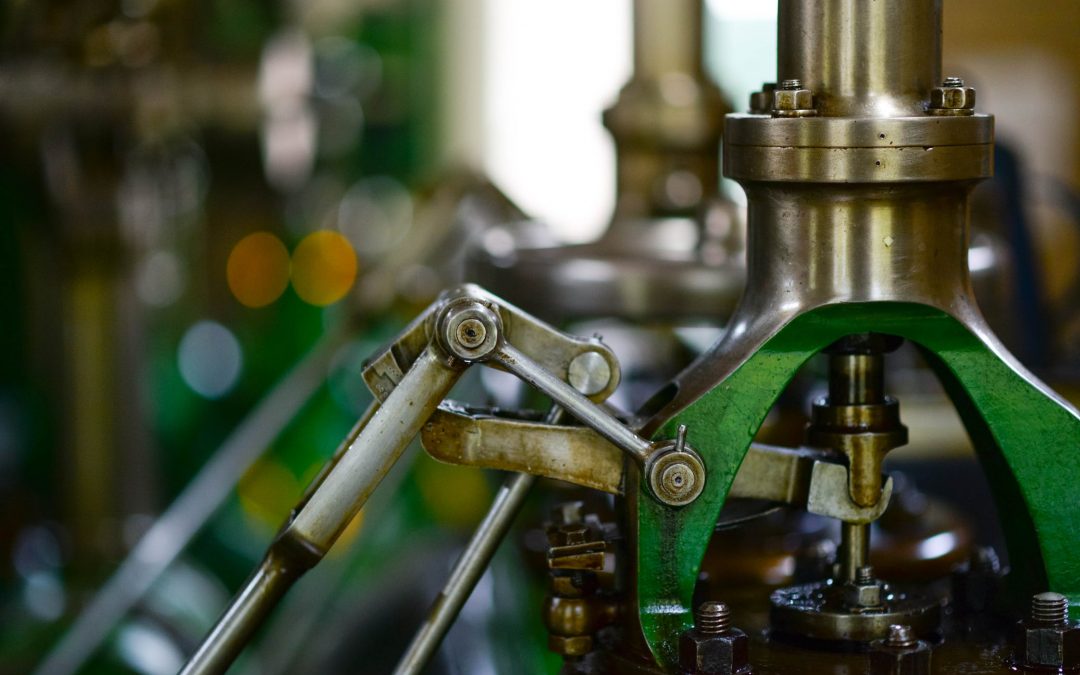How can we at Praucs, as an industrial solution provider, respond and contribute to face those challenges:
With the economic crisis incurred from COVID-19 pandemic, the food and beverage industry is being affected and wise measures should be taken to keep on maximizing ROI while offering safe food.
As tweeted a few days ago, by FAO Director-General QU Dongya, “…no efforts should be spared to minimize (COVID-19) impact on trade in food”.
According to Newsfood magazine, that in this time of crisis, authorities around the world are categorizing F&B as essential, asking for mutual help between public and private sectors to ensure that production, health, and safety are of paramount importance and supplies must continue to meet demand which is exceeding.
Being experts in the industrial technology, in particular in conveyors’ MicroDry® lubrication and UV-C sterilization and disinfection, we can play a vital role in helping the current situation in the Middle East region as we are currently receiving enquiries on how the manufacturing plants can still supply its customers with guaranteed, long-shelf-life, high-quality/safe food while producing efficiently.
Partnering with world leaders in industrial technologies, we have already succeeded in the region to implement our lean solutions in F&B industries for higher production efficiency and high-quality products supply:
- MicroDry® lubrication: a patented technology for slat and air conveyors used for PET bottles, glass bottles, cans, cardboard packages, jars, etc. offering more valuable benefits from other methods of lubrication: Higher line efficiency and low running cost.
- UV-C: High-performance UV technology for water, air and surface sterilization and disinfection. 99,999% germs eradication. It is highly effective against viruses and bacteria.
Each of us can contribute to overcoming this unfavorable event with its specific capabilities to help smooth the industry’s fluctuations. Altogether, we can join our efforts to quickly cope with the twists and turns, staying on top of our growth and development plans for the food and beverage industry.



